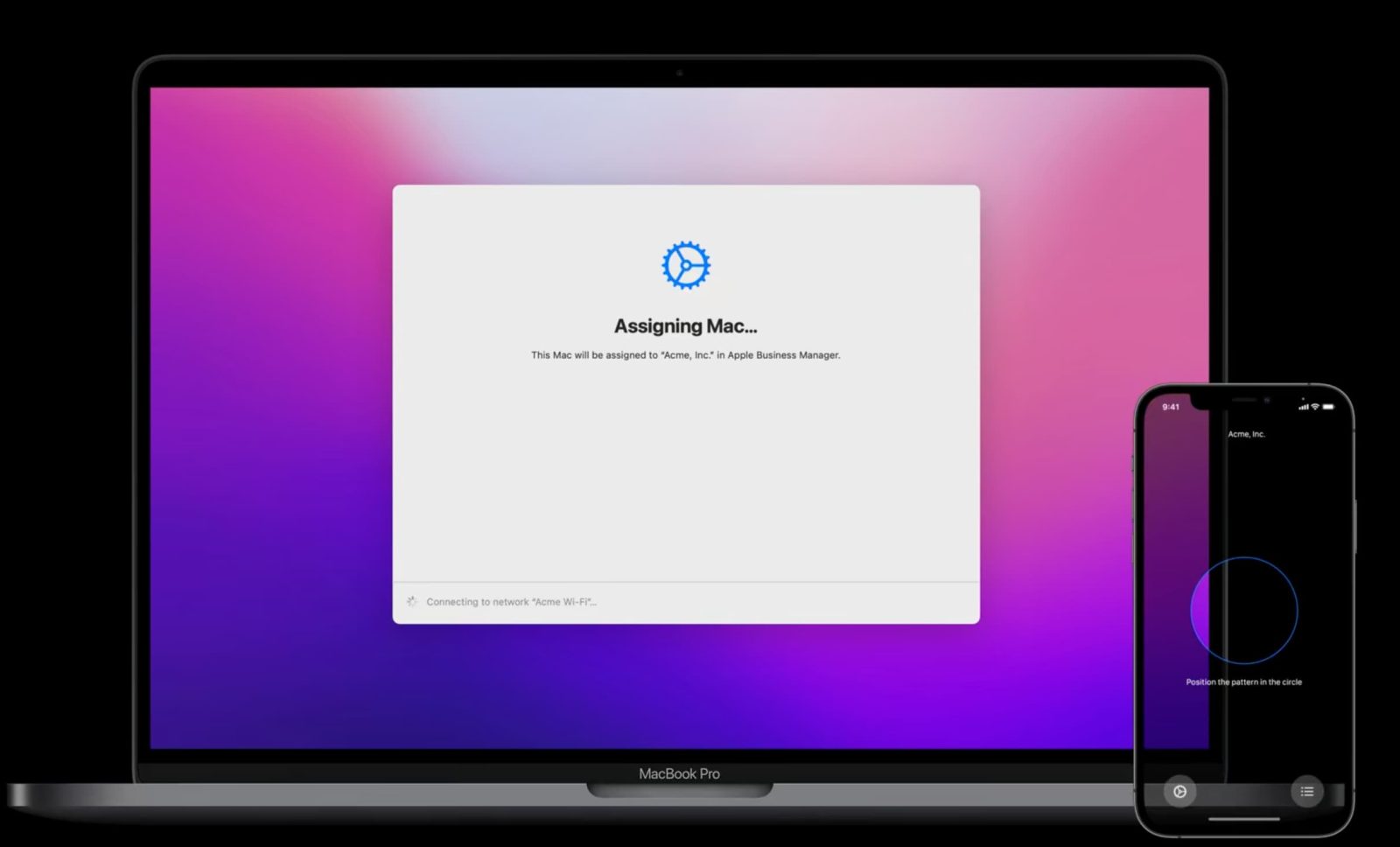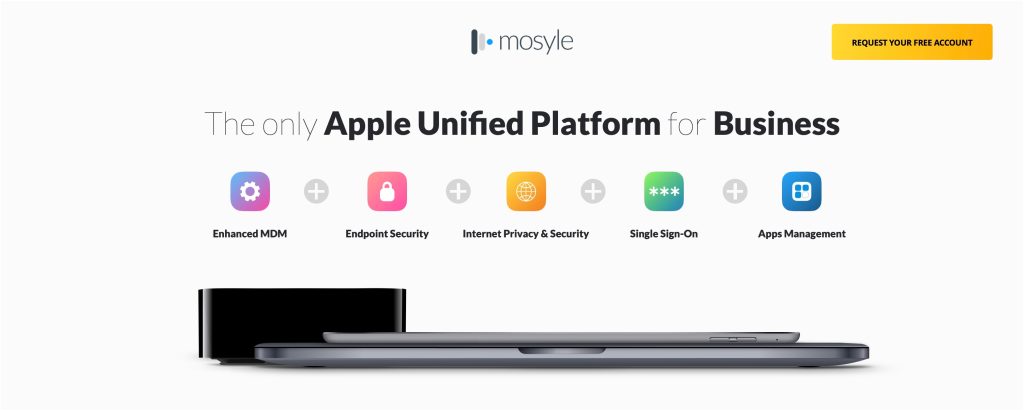
Apple @ Work is brought to you by Mosyle, the only Apple Unified Platform. Mosyle is the only solution that fully integrates 5 different applications on a single Apple-only platform, allowing Businesses to easily and automatically deploy, manage & protect all their Apple devices. Over 38,000 organizations leverage Mosyle solutions to automate the deployment, management, and security of millions of Apple devices daily. Request a FREE account today and discover how you can put your Apple fleet on auto-pilot at a price point that is hard to believe.
Apple has long been known for its sleek and user-friendly products, but it’s not just consumers who have been drawn to the brand. In recent years, Apple has also made significant inroads in the enterprise market, and one of the reasons for its success has been its willingness to open up its platforms to IT departments and third-party vendors. This has allowed businesses to customize and integrate Apple devices and software into their existing systems, making it easier for employees to work seamlessly across different devices and platforms.
About Apple @ Work: Bradley Chambers managed an enterprise IT network from 2009 to 2021. Through his experience deploying and managing firewalls, switches, a mobile device management system, enterprise grade Wi-Fi, 100s of Macs, and 100s of iPads, Bradley will highlight ways in which Apple IT managers deploy Apple devices, build networks to support them, train users, stories from the trenches of IT management, and ways Apple could improve its products for IT departments.
By offering enterprise-grade security and management tools, as well as working closely with third-party vendors to develop custom solutions, Apple has become a go-to choice for many organizations looking to modernize and streamline their IT operations. In a move that has gone somewhat unnoticed, it’s now possible for vendors to build solutions for their customers to sideload devices into Apple Business Manager and Apple School Manager.
What is Apple Business Manager?
Apple Business Manager allows IT administrators to manage and deploy Apple devices and apps in their organization. It is designed to make it easy to automate device enrollment, and purchase/ distribute apps to a device management solution. When an IT manager buys a device from Apple’s business portal or from a reseller that is authorized by Apple, it’s automatically added to Apple Business Manager. When an employee boots up the Mac for the first time, it’s automatically recognized as part of a business, and therefore will kick off the process of connecting to a device management system, installing apps, setting up configuration profiles, etc. To be perfectly frank, it’s an amazing solution – especially for remote organizations.
Adding devices to Apple Business Manager if bought elsewhere
If you buy a Mac from Amazon because of a good sale or you need something quicker than Apple can get it to you, it’s not going to go show up Apple Business Manager. That doesn’t mean you can’t enroll it in your device management solution, but it means it won’t be part of a zero touch deployment model. Back in late 2021, Apple released Apple Configurator for the iPhone, though.
Using Apple Configurator on iPhone, it became possible to add Macs that were not purchased directly from Apple or an authorized reseller into Apple Business Manager and Apple School Manager using only an iPhone. Only Macs with T2 chips (2018 or later) or Apple Silicon chips (M1 or later) are compatible with this method of configuration using Apple Configurator on an iPhone.
New options for sideloading Macs to Apple Business Manager
In the past few weeks, a new page on Apple’s developer portal appeared with the following information:
Allow users of third-party MDM apps to add macOS and iOS devices to their organization.
This framework provides a user interface for device administrators to add macOS, iOS, and iPadOS devices to their Apple School Manager, Apple Business Manager, and Apple Business Essentials organizations. The provided SwiftUI view allows a user with device enrollment privileges to sign in with their Managed Apple ID and add devices to their organization.
This feature requires Bluetooth access to discover and pair with nearby devices, and camera access to scan visual pairing PIN codes. To use this feature, you must have the Automated Device Enrollment entitlement. To obtain permission for this entitlement, see Automated Device Enrollment Entitlement Request.
To sum all that up, it means it’s now possible for device management vendors to build their own apps for adding Macs to Apple Business Manager and Apple School Manager. Why does this matter?
As organizations increasingly rely on technology to drive their business operations, IT departments are constantly seeking ways to avoid vendor lock-in in as many ways a possible. By opening up its platform in this way, Apple is showing its commitment to working with IT departments and other vendors to create a more flexible and customizable enterprise IT strategy. This makes it a more appealing option for organizations looking to modernize and streamline their IT operations and helps to ensure that they are not locked into a single vendor. Device management vendors can integrate this into their existing solutions for a more streamlined experience. It’s a win for MDM vendors. It’s a win for customers. Apple doesn’t drive revenue from Apple Configurator, so it has little reason to keep it as a closed system.
Apple @ Work is brought to you by Mosyle, the only Apple Unified Platform. Mosyle is the only solution that fully integrates 5 different applications on a single Apple-only platform, allowing Businesses to easily and automatically deploy, manage & protect all their Apple devices. Over 38,000 organizations leverage Mosyle solutions to automate the deployment, management, and security of millions of Apple devices daily. Request a FREE account today and discover how you can put your Apple fleet on auto-pilot at a price point that is hard to believe.

Add 9to5Mac to your Google News feed.
FTC: We use income earning auto affiliate links. More.







